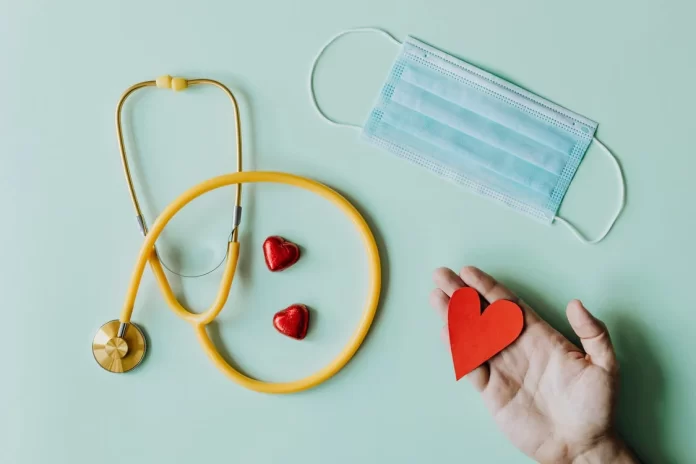Dual diagnosis is a common occurrence with signs of addiction and mental issues. Also called co-occurring disorders, the two may be tasking to treat due to their closely related nature. In most cases, the treatment dwells more on the addiction, forgetting the underlying mental illnesses.
Factors that cause these mental illnesses include environmental triggers like traumatic events, psychosis, or a side effect of abuse of certain drugs. Dual diagnosis will be evident by sudden behavior changes, difficulty in handling regular tasks, cognitive challenges, and neglect of personal care.
Therefore, monitoring mental health and general behavior is essential for a holistic recovery process.
What Is Dual Diagnosis Treatment?
If professionals ascertain a dual diagnosis, the next step involves integrated programs to help recover without neglecting either condition. The entire process is called a dual diagnosis treatment, which starts with an assessment to obtain all the necessary information. The initial treatment will target the addiction while the next focuses on the co-occurring mental conditions.
The essence of dual diagnosis treatment is to make it easier to treat the two individually, even when the symptoms overlap. It helps identify which disorder presents itself alongside addiction to make the treatment more effective. The most common conditions in patients include ADHD, Depression, OCD, Bipolar disorder, and Schizophrenia, among others.
What Are the Benefits of Dual Diagnosis Treatment?
When you visit a dual diagnosis treatment center, the professionals will help you achieve sobriety, manage substance abuse and mental disorders. The following are the benefits of dual diagnosis treatment. (Diazepam)
Full Psychiatric Health Assessment
Dual diagnosis treatment involves programs that help identify what mental disorder the person is suffering from and the contributing factors to substance abuse. Knowing this helps permanently end the cycle, and there are experts to guide you through the entire process.
Counseling and Peer Support
Another essential aspect of dual diagnosis treatment is counseling from professionals and peers going through the same situation. Listening to other people’s experiences goes a long way to help you get back on your feet since you will have individual therapy and mutual groups with others undergoing recovery.
Holistic Treatment Methods
Besides assessment and counseling, there are other approaches to treatment, including massage therapy, yoga, art therapy, and other methods. They help identify other interests to keep your mind away from substance abuse, and the best part is that they help heal your body, mind, and soul.
Coping Mechanisms and Future Planning
One significant benefit of the program is knowing how to gain control over aspects that previously triggered you to substance abuse. It makes it easier to notice the signs and plan to avoid relapses. You can also keep your emotions in check and stay strong regardless of the urge to fall back.
Dual Diagnosis Treatment Helps in Battling Substance Abuse
Knowing all the benefits of a treatment method can help you and your friends or family recover. At first, it may seem overwhelming, but you can find the right program that effectively determines and treats dual diagnosis. Dual diagnosis will help make your journey easier as it focuses on long-term recovery.










